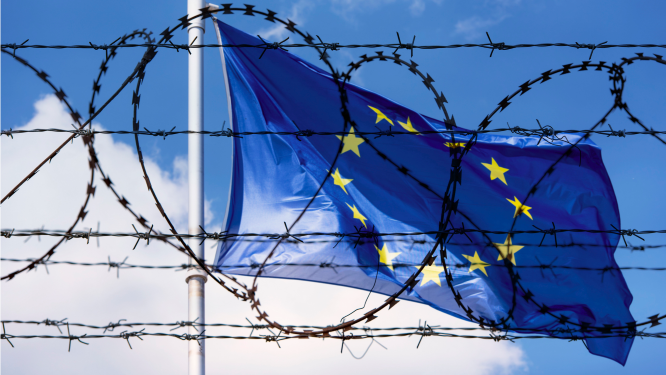The impression is created that the Open Balkans will serve as a ghetto for the EU, which will always wait at the door of the Union but will never be fully integrated within it.

Sefer Selimi
When Prime Ministers Zaev, Rama and Vuçi announced the initiative known today as the Open Balkans, many dilemmas, ambiguities and almost a strong rejection appeared not only by the leaders of the other three Western Balkan countries who did not join the initiative but also by relevant political and social factor within the initiating states. The Open Balkans as a concept built on the four fundamental principles of the European Union for the free movement of goods, capital, services and citizens, in the eyes of opponents seems both utopian and unachievable for many factors, but above all, three factors of fear dominate:
- Fear if Serbia, which was directly involved in the Balkan wars, may return to the Balkans as a state without territorial ambitions towards its neighbors and as a constructive partner in building a common future of peace and prosperity. This fear primarily holds three other states out of the initiative: Kosovo, Bosnia and Herzegovina, and Montenegro.
- Fear of “Greater Albania” used as a monster by many opponents of the Open Balkans, who see in Edi Rama the ambition to extend his influence beyond the borders of Albania and to implement this concept which all relevant ethnic Albanian politicians consider it anachronistic, and for which the concept has only one alternative – the full integration of the states living in the Euro-Atlantic structures.
- Fear of EU replacement posing concern that this initiative could be used as an alternative to it. The protracted integration process due to corruption and the inability of the political class to produce substantial reforms that would completely transform the states and societies of the Western Balkans have dampened citizens’ hope that in the near future their state will be a plenipotentiary EU member. If we add here the impasse where the EU leaders have pushed this process, the impression is created that the Open Balkans will serve as an EU ghetto, which will always wait at the door of the Union but will never be fully integrated within it. This requires a clarity of the integration process, which clarity is unfortunately held hostage by Bulgaria, while other leaders are powerless to guarantee it at the moment.
There are many other dilemmas, some of which are unjustifiably raised as concerns about this initiative, but it should always be borne in mind that such initiatives will always be pursued by them, as has been the case with the establishment of the European Union, the Schengen area, Eurozone and the like. It is especially understandable that fears from the past in a region like the Balkans, which has not yet fully completed the reconciliation process and there are still inherently open questions between neighbors, can turn into a rather difficult factor to advance the process.
Sefer Selimi, Executive Director at Association for Democratic Advancement – Democracy Lab



Leave A Comment